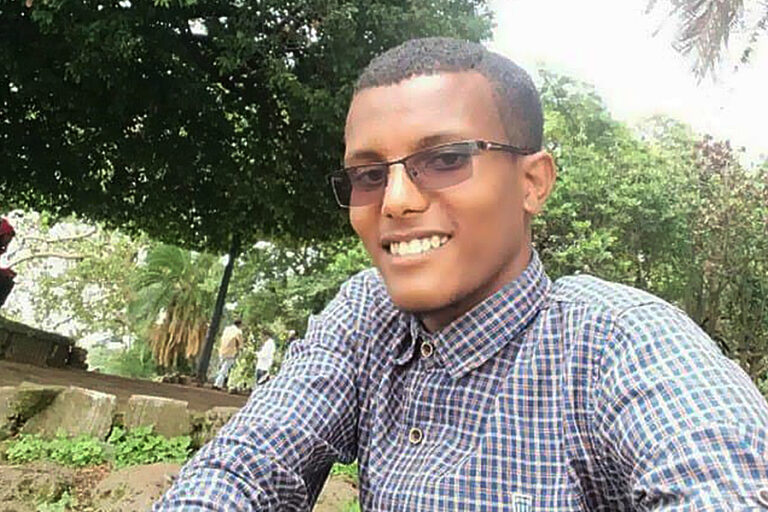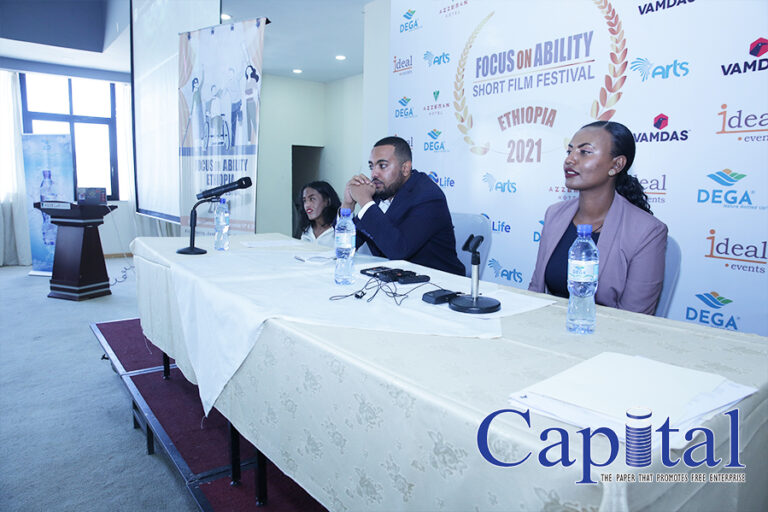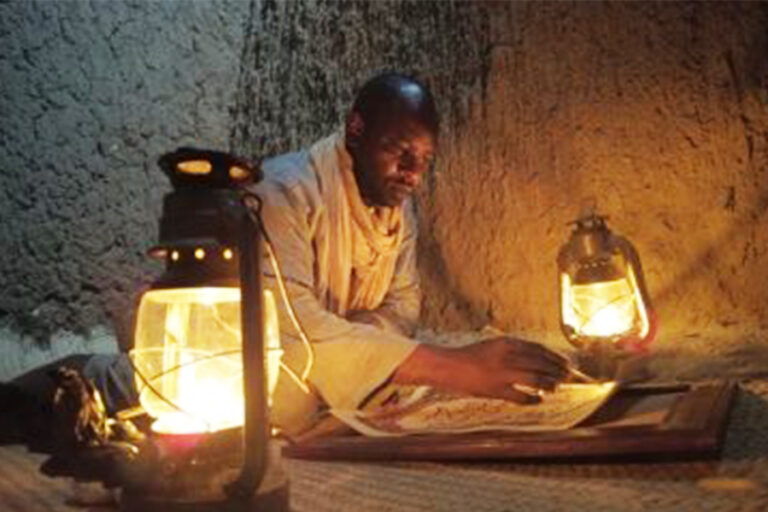As scientific research shows, about one in every 100 children have a heart problem, which may also be called a heart defect or congenital (present from birth) heart disease. Heart defects can usually be treated with medicine, surgery, or other medical procedures.
Most tests for heart problems are simple, quick, and not painful. Most children with heart defects live a normal and full life with very few or no restrictions. However, the burden of this illness weighs heavy in Low- and Middle-income countries where access to the best professional care might not be fully attainable.
Cognizant of this, Woong-Han Kim, M.D., Ph.D., Professor from the Seoul National University Children’s Hospital, embarked on a journey several years back to help train medical professionals to help save lives of children with heart-related issues through modern and international best standards in surgical practices.
Dr.Woong-Han, who is a seasoned cardiothoracic surgeon alongside his team has been partnering with the South Korean government and recently with EKOS Steel Mill PLC to ensure that Ethiopian medical doctors obtain a wealth of much-needed experience to provide their patients with better health for years to come. Capital caught up with Dr.Woong-Han for insights on their initiative that seeks to empower medical doctors in Ethiopia. Excerpts;
Capital: Would you please introduce yourself and tell us why you are here?
Dr. Woong-han: My name is Professor Woong-han Kim. I am a medical doctor with a specialty in thoracic and cardiovascular surgery from the Seoul National University College of Medicine in South Korea. I am also a member of the JW Lee center for global medicine, chairman of the national academy of medicine of Korea, and the Korean society for thoracic and cardiovascular surgery.
We are here in Ethiopia for two related purposes; the first one being, to perform surgeries for heart-related issues for children whilst the other one is to offer training and share our experience with the medical doctors and students working on heart surgery.
We share our expertise firsthand, by allowing the medical doctors to perform the surgeries alongside us to improve their knowledge and experience on the field. Since we cannot be available all the time within the country, we do this to translate best international practices to promote better health. We have been doing this for 6 years now.
Capital: The medical industry in the country is old, and not as advanced as other first-world countries. Do you consider it difficult to perform these surgeries within the country?
Dr. Woong-han: It is not that difficult. Most of the trainers or the medical doctors we meet are ready to see new things and apply them. We are working to make an African cardiac center to increase heart treatments in the continent in order to help those who go through the struggle of going abroad to seek surgical help because of the lack of treatments here.
Capital: What are some of the challenges you have been facing in the past six years?
Dr. Woong-han: Each year when I come for a visit, there are always changes and improvements. Even if there are some challenges and difficulties, they do not outweigh the improvements. Every year the zeal, readiness, and openness of the doctors here to be trained and learn new techniques is nothing short of remarkable. We aim to produce many Ethiopian specialists who will help Ethiopia to be no longer regarded as a medically underserved country, and I think training after training, we are on track to achieve this.
Capital: Have you ever visited the Ethiopian children’s heart center?
Dr. Woong-han: I have had the pleasure of visiting the center. I have also observed that most of the medical workers do lack experience. Despite foreign volunteer surgeons coming in to provide services, they do not share their wealth of experience first-hand with the doctors. Thus, that does not fully empower the doctors here and although the volunteer work is remarkable, I believe that continuity and supporting local doctors is key for longevity in providing medical services.
So that is why I am doing this experience-sharing trend. I want to create a team of qualified Ethiopian surgeons who are capable of proving the services by themselves, which in long term is beneficial to the medical industry and the country as a whole.
Capital: What kind of support do you get from the Korean government?
Dr. Woong-han: For the first five rounds, we received all of the support and sponsorship from the Korean government. The government gives support for a maximum of 5 chances to which we have already exhausted our chances in a positive light. For this sixth edition, we have come without the support of the government having covered all our expenses. We have also partnered with some of our Korean partners here such as the EKOS steel Mill company who have helped our initiative.
We have come for our sixth round because we believe that there are still some things we can improve on. Moreover, we have follow-up progress appointments with the children who we performed surgeries on.
Capital: Do you have plans to continue with this initiative?
Dr. Woong-han: We haven’t fully decided on this yet. However, we have hope, and we will try to continue with this initiative to continually improve medical care in the country.
Capital: What does your medical team comprise of?
Dr. Woong-han: We are a team of 21, including doctors or surgeons, nurses, and other medical workers. For the past six years, we have performed 56 heart-related surgeries, and this year we have done 11 surgeries of which all of them are children under 11.
Capital: Do you follow up on the children whom you had performed these surgeries on?
Dr. Woong-han: Yes, they do come for a second check-up, and l am pleased to say that they are all in good condition after the surgery.







